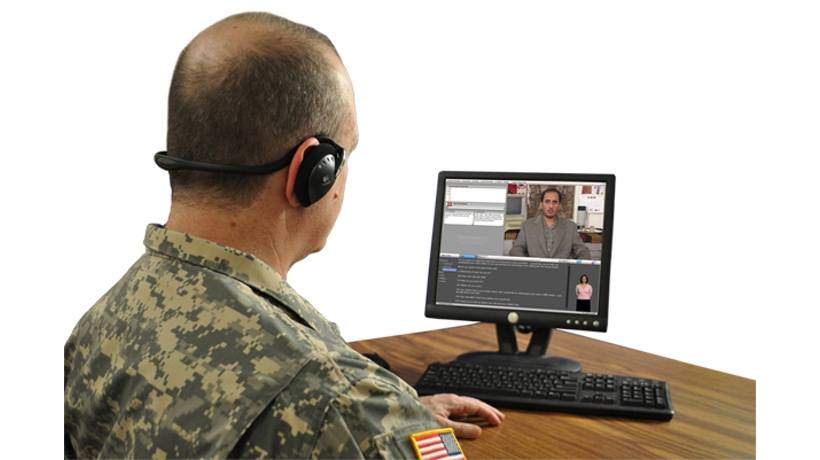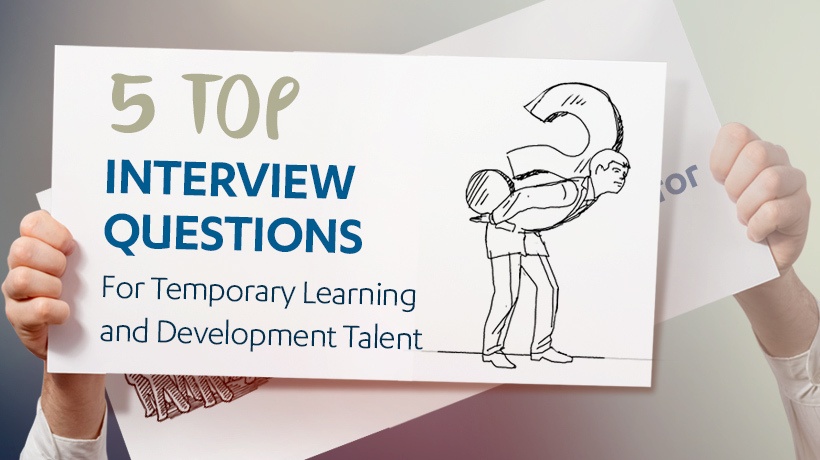Top Tips To Overcome Job Interview Challenges
You've submitted your application and have made it to the next round. It's time to prep for the big interview, but there are a few common obstacles to be aware of. In this article, we'll share 4 job interview challenges you may have to overcome, as well as tips to handle positive and negative outcomes.
The Challenges
Nervousness
It's perfectly normal to feel nervous about an upcoming job interview, especially if your future career depends on it. However, too many nerves can affect your performance. So, right before the interview, take a few deep breaths and remind yourself of all the reasons why you're the ideal person for the job. You can also try to imagine that you will land the position no matter what to put yourself in a positive state of mind.
Difficult Questions
Difficult questions are added in the interview process to test your skills and volubility. You can handle them by taking a moment to gather your thoughts before you speak or ask for clarification if you don't understand a question. If it's long, answer each part separately to ensure you've covered everything. Be honest if you're unable to answer a question rather than trying to make things up as you go.
Gaps In Employment
Be upfront about your employment and experience history. If you took time off for your studies or mental health, address it. You can highlight why that break was important to you and your growth. Despite your gaps, you may have experience in your field, so focus on that and your achievements. If your previous position was terminated, explain the issue and be as transparent as possible. Overall, concentrate on your enthusiasm for work and desire to learn new skills.
Discussing Salary
Avoid talking about your salary expectations in the first interview if the recruiter hasn't disclosed any info. If you want to discuss it, research the salary range for the position so that you can set your expectations. You should also consider your experience and qualifications but take additional benefits into account.
The Outcomes
Positive Outcome
You did excellent in the interview and received a job offer. Read it thoroughly, and if there are points you need to negotiate, don't hesitate to communicate them with your recruiter. Write an email thanking them for the opportunity, and when you're ready to accept the job offer, emphasize your enthusiasm. Then, set your goals, get to know your team, and start the onboarding process. Always keep your eyes open for new things to learn and celebrate your success.
Negative Outcome
It's okay to feel disappointed after not receiving an offer, but don't be discouraged. First, you can email the interviewers and ask for constructive feedback on why you were not selected to better prepare for future interviews. Your email should be polite and centered around your willingness to perform better. Throughout this time, maintain your positive attitude. Keep in mind that rejection doesn't mean your qualifications are inadequate. Continue believing in your abilities and move forward with your job research. Apply for jobs, go to networking events, and learn some new skills in the meantime. Lastly, try to stay in touch with all the companies that didn't choose you this time, as there may be future opportunities for interviewing again.
Conclusion
Landing your dream job often takes dedication and perseverance, particularly in a competitive field. However, these tips can help you navigate the sometimes choppy waters of interviewing and stand out from the candidacy crowd. Are you looking for the perfect position in the eLearning niche? Check out our job openings to find the best fit for your skills and experience.









